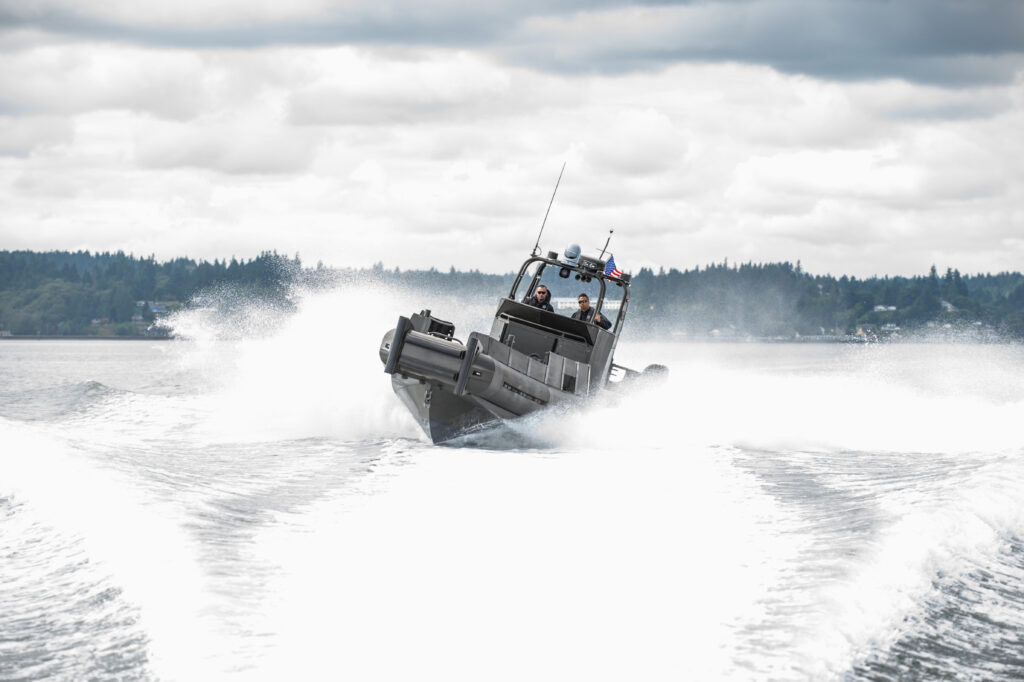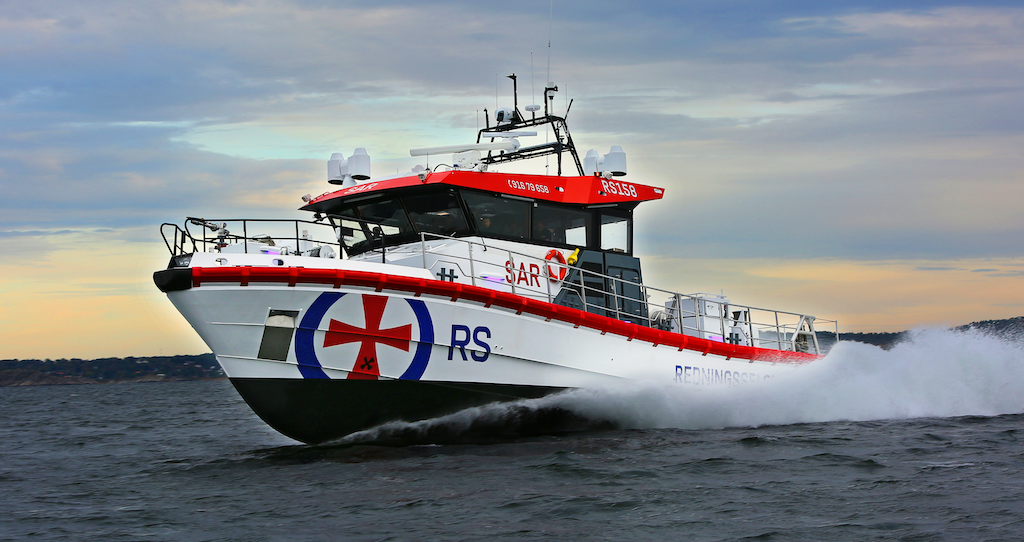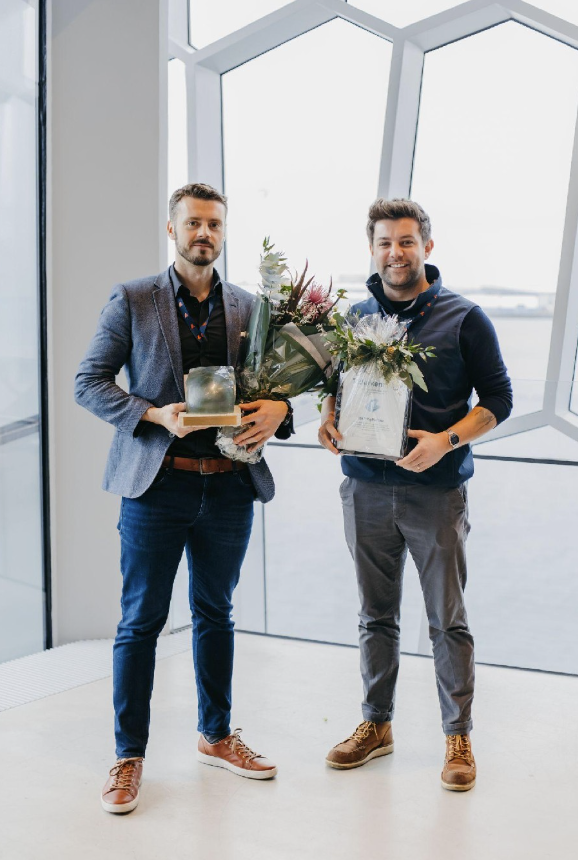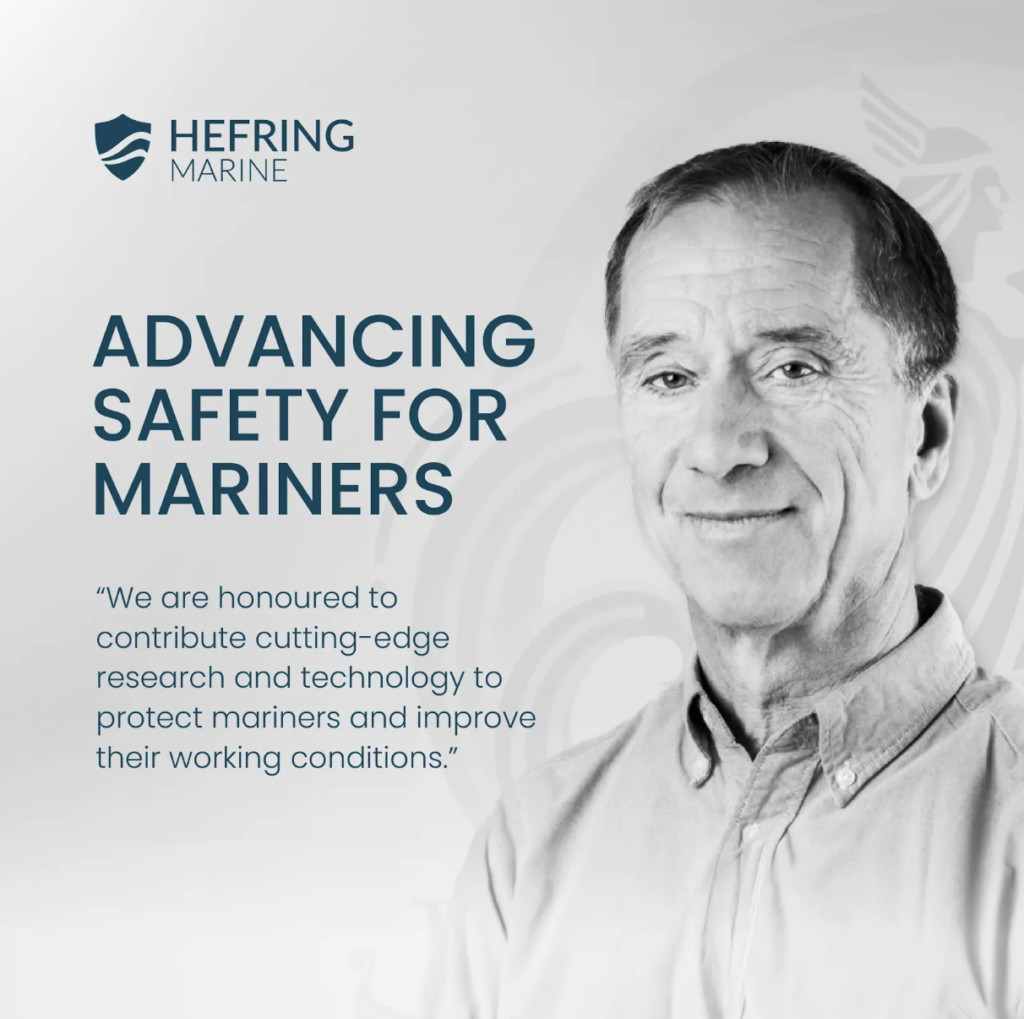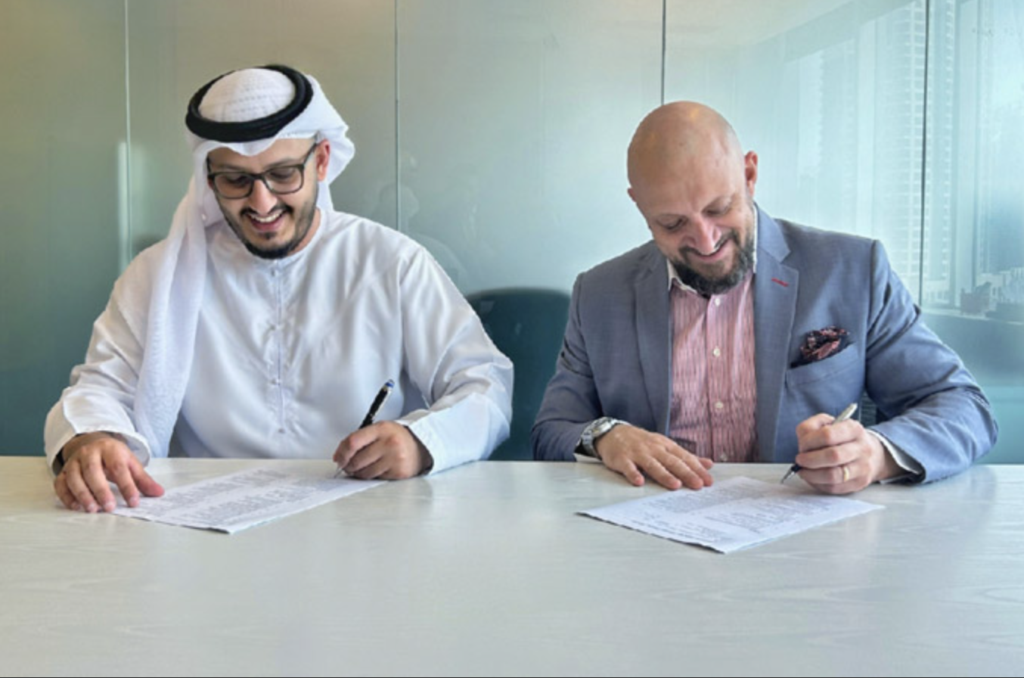The maritime sector is experiencing a period of transition, with increasing emphasis on reducing environmental impact and improving operational efficiency. Technology developed by Hefring Marine is playing a role in this shift.
The company’s Intelligent Marine Assistance System (IMAS) is being used to support decision-making, enhance fuel efficiency, and address challenges related to crew safety and emissions.
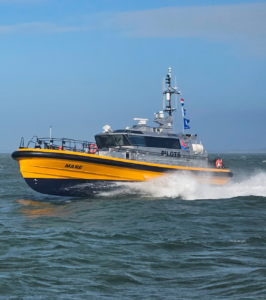
The Dutch Pilotage Organisation’s MARE vessel (Credits to Nederlands Loodswezen).
Carbon Emissions in Maritime Operations
The shipping industry contributes significantly to global greenhouse gas emissions, with rising fuel prices and stricter regulations prompting operators to reassess their practices. The International Maritime Organization (IMO) has set targets for reducing carbon intensity and achieving Net Zero emissions in the coming decades.
At the same time, balancing sustainability with cost-effective and reliable operations presents difficulties. There is also concern about the effects of underwater radiated noise on marine ecosystems. These factors highlight the need for approaches that address both operational demands and environmental considerations.
Technology Implementation and Observations
The IMAS system provides data-driven recommendations for vessel speed and operation. One feature implemented by the Dutch Pilots’ Organisation was the eco-speed mode, which is designed to reduce unnecessary fuel consumption and potentially achieve savings of up to 10%. A “comfort speed” function was also applied to support more stable vessel movement and reduce physical strain on crew members.
The platform includes a data studio tool, enabling crews to review operational history without requiring specialized IT or data science skills. This allows users to identify patterns and make adjustments based on past performance.
Use of Technology in Maritime Operations
Recent technological developments have introduced new capabilities to vessel operations. The use of real-time data and AI-based systems allows ships to make adjustments that can reduce fuel consumption and improve routing. Hefring Marine’s IMAS is one such system, combining data analysis and adaptive functionality to support operational decisions.
The Dutch Pilots’ Organisation (het Loodswezen) began evaluating this technology after encountering it through a demonstration at the Dutch Search and Rescue.
Jan Bregman, Head of Shipping Service in the Amsterdam-IJmond region, commented, “The opportunity to enlarge situational awareness in all weather conditions triggered us. Making informed decisions on the water and the possibilities to ensure the well-being of the crew and pilots made us start a Proof of Concept.”
The organization, which conducts more than 90,000 pilotage operations annually, adopted IMAS to address safety requirements and reduce emissions.
Stefan van der Stap, Manager Shipping Service at the Dutch Pilots’ Organisation, also stated, “This is an important responsibility, especially given the prominent position that the Netherlands holds in the global transport and shipping industry. For this, we are available 24 hours a day, in all weather conditions.”
Operational and Environmental Considerations
Findings from the Dutch Pilots’ Organisation suggest that the use of systems like IMAS may contribute to improved situational awareness, particularly in poor weather conditions. As the industry moves toward hybrid propulsion and alternative fuels, tools that support integration with these technologies may be increasingly relevant.
The organisation’s proof of concept showed that AI-based planning tools can support more predictable and efficient operations.
Twan Horrevoets, Maintenance Management Engineer at the Dutch Pilots’ Organisation, said, “During the PoC the potential of the eco speed concept surfaced as well. A great opportunity to reduce environmental impact as well. After a successful PoC we decided to adopt the platform and further invest in IMAS for the remaining M2 class vessels.”
Future Application
Further adoption of AI-supported systems across the maritime industry is expected over the next decade. As shipping demand increases, these technologies may play a role in meeting operational and regulatory requirements. Platforms such as Hefring Marine’s IMAS are one of several approaches currently being evaluated for their potential to support efficiency and emissions goals.
Conclusion
Organizations in the maritime sector are exploring how data-driven systems can improve efficiency and reduce environmental impact. The example of the Dutch Pilots’ Organisation illustrates how these technologies can be applied in a practical context. As environmental targets become more stringent, similar approaches may be considered across a broader range of operations.
When asked if they recommend Hefring Marine’s solutions to other shipping companies, Captain and Instructor Marco Kruijt and Peter Siepel, program manager at the Dutch Pilots’ Organisation, said, “The Hefring platform is a perfect way to step into the world of big data and AI and start learning ways to enable situational awareness, the well-being of the crew and reduce environmental impact.”



